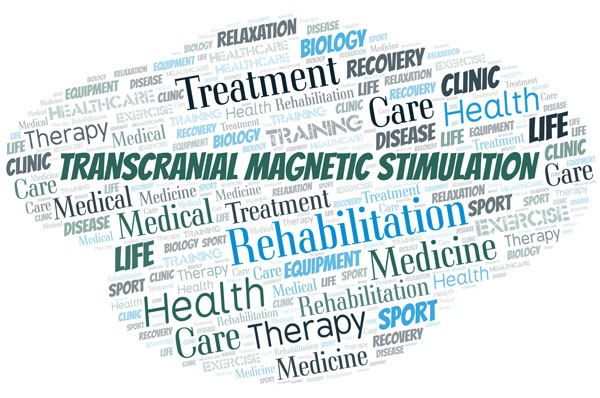 TMS can reach specific areas of the brain to treat severe depression and is capable of treating other problems as well. The brain's complications allow it to coordinate and control your body's systems. One of them is the limbic system in your brain. Magnetic pulses can help set your limbic system issues right. If you want to know how TMS therapy can improve limbic system issues, here are the facts.
TMS can reach specific areas of the brain to treat severe depression and is capable of treating other problems as well. The brain's complications allow it to coordinate and control your body's systems. One of them is the limbic system in your brain. Magnetic pulses can help set your limbic system issues right. If you want to know how TMS therapy can improve limbic system issues, here are the facts.
The optimal treatment
TMS is an innovative therapy for treatment-resistant depression. It is a non-intrusive and non-drug alternative treatment. A patient can have an outpatient procedure in a psychiatrist's office. The treatment session involves using a machine capable of delivering magnetic pulses to the brain. This pulse transmission is possible by placing a magnetic coil on specific areas of the scalp to target the prefrontal cortex. Treating depression involves delivering electromagnetic pulses to the left prefrontal cortex.
This area is near the brain's surface. It connects to the limbic system, which regulates one's mood. Using a magnetic coil can stimulate this area for weeks, which will activate the nerve cells there. The neurons can then go back to sending electrochemical signals. As a result, normal brain function will return, and the patient's depression symptoms will improve.
What the limbic system is
The limbic system is a web of structures deep inside the brain. It is responsible for emotional and behavioral reactions. The amygdala aids in coordinating responses to the environment, especially those that trigger emotional reactions, such as anger and fear. The hypothalamus also regulates body temperature, sexual responses, and hormone production.
The hippocampus can help retrieve and preserve memories. It can also play a role in helping the individual understand spatial dimensions. The limbic cortex contains the parahippocampal and cingulate gyrus. These parts affect judgment, mood, and motivation.
TMS targets areas of fear
Fear is an important emotion for survival. It helps an individual respond to anything harmful—the stimulation of the amygdala and then the hypothalamus results in this emotion. Unfortunately, people with brain damage tend to react to dangerous situations incorrectly. TMS can help treat panic and anxiety by targeting the amygdala and hypothalamus. The fight-or-flight response can then happen the right way.
TMS targets areas of happiness
This feeling comes from the limbic cortex and the precuneus. TMS can stimulate these areas to help treat depression. It can help bring back the patient's memories to deal with depression. This therapy can also help the individual focus on what is happening and maintain the concept of self.
TMS targets areas of anger
Aggression and anger can be dangerous emotions if a person has no control over them. The individual could end up hurting other people. TMS can target the prefrontal cortex to balance out this emotion. Anger is a good thing. It can help with specific situations for survival and proper interactions.
TMS can target the limbic system to improve your symptoms
An imbalance in the activities in these brain areas can result in irregularities. Aggression, depression, and anxiety are common conditions to deal with. TMS can stimulate the limbic system to help reduce or even remove your symptoms. A psychiatrist may recommend using electromagnetic energy to regulate these emotions.
Request an appointment or call NYC Psychiatric Associates at 917-391-0076 for an appointment in our New York office.
Related Posts
Treating major depressive illness with transcranial magnetic stimulation (TMS) magnetic fields is non-invasive and non-systemic. This method, often recommended when conventional therapies such as antidepressant treatment and talk therapy have failed, can produce significant relief from depression symptoms.Some patients undergoing TMS for depression may be reluctant to forego their antidepressant medication throughout the 6-week treatment…
Transcranial magnetic stimulation (TMS) is fast becoming a popular non-invasive depression therapy. With TMS, electromagnetic pulses help stimulate nerve cells without causing any damage to the cells themselves. It has the potential to alleviate the signs of mental and neurological problems. Patients suffering from depression may respond well to this treatment. This article focuses on…
Transcranial magnetic stimulation (TMS) might be an effective option for people whose depression does not respond to medication, or who want to avoid medication side effects. Mental illness is more common than people think, and depression is one of the most prevalent forms of it. Traditional treatments, such as medication or talk therapy, are often…


